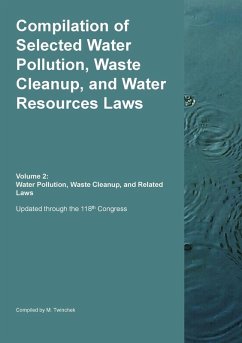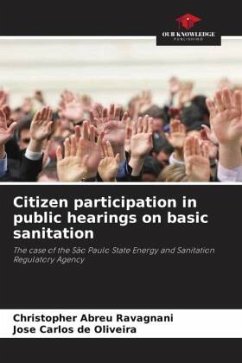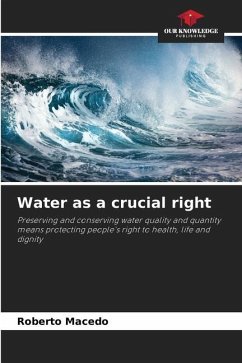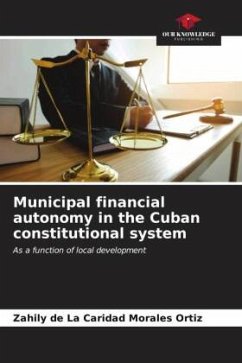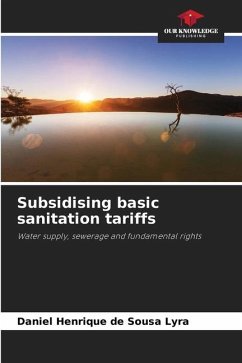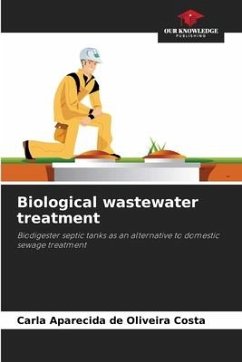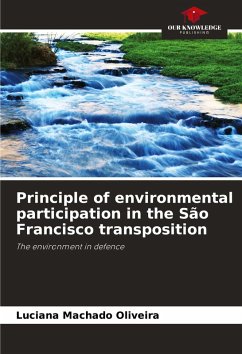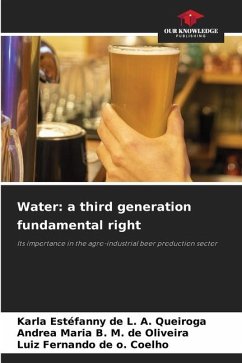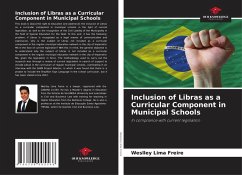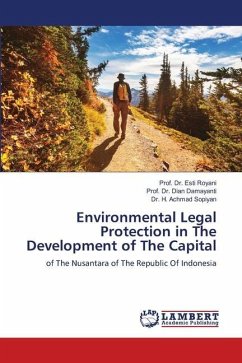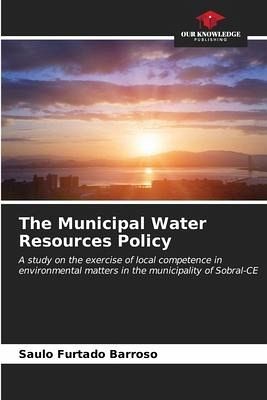
The Municipal Water Resources Policy
A study on the exercise of local competence in environmental matters in the municipality of Sobral-CE
Versandkostenfrei!
Versandfertig in 6-10 Tagen
27,99 €
inkl. MwSt.

PAYBACK Punkte
14 °P sammeln!
Pointed out as the most valuable natural resource of the 21st century, water is becoming scarce due to irrational use and increasing populations, making it a strategic resource for human development and quality of life. Legal professionals have always seen the issue of fresh water as something restricted to neighbourhood conflicts or the use of hydroelectric potential, but in the last three decades of the 20th century, concern about environmental problems grew in Brazil, and some rules were implemented and new policies adopted, with the aim of not only punishing those who cause environmental d...
Pointed out as the most valuable natural resource of the 21st century, water is becoming scarce due to irrational use and increasing populations, making it a strategic resource for human development and quality of life. Legal professionals have always seen the issue of fresh water as something restricted to neighbourhood conflicts or the use of hydroelectric potential, but in the last three decades of the 20th century, concern about environmental problems grew in Brazil, and some rules were implemented and new policies adopted, with the aim of not only punishing those who cause environmental damage, but also preventing it. The principle of human dignity is one of the foundations of the 1988 Magna Carta, which, following a global trend, began to consider water as a public good for the common use of the people, ensuring that every human being has the right to consume or use water for their individual needs, also regulated in Law 9.433/97. Therefore, in order to realise this right on a local scale, the role of municipalities in developing environmental policy is fundamental, as we will detail below.



